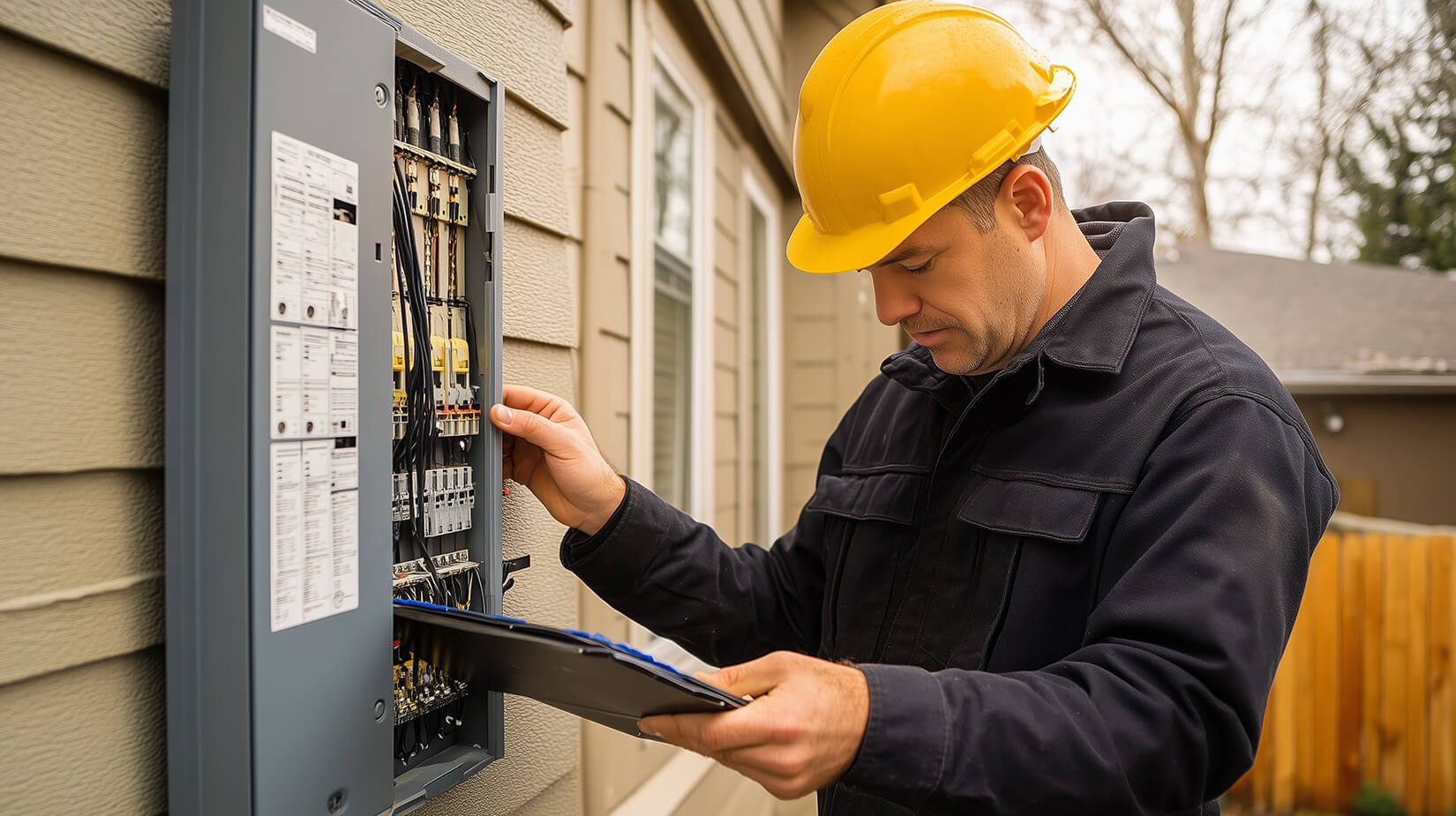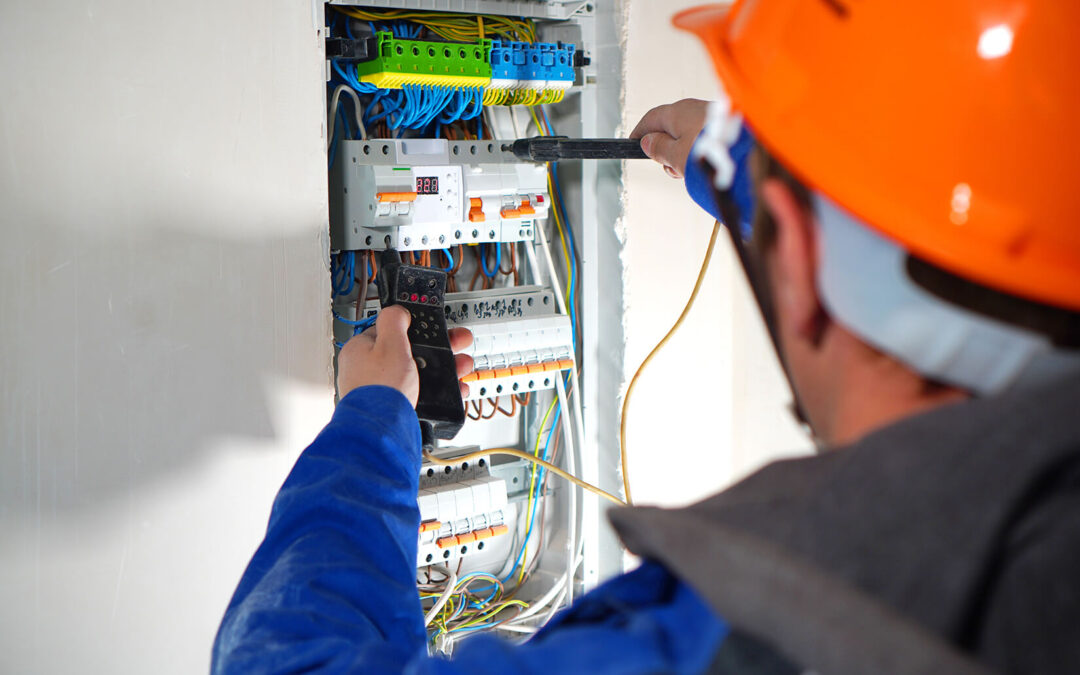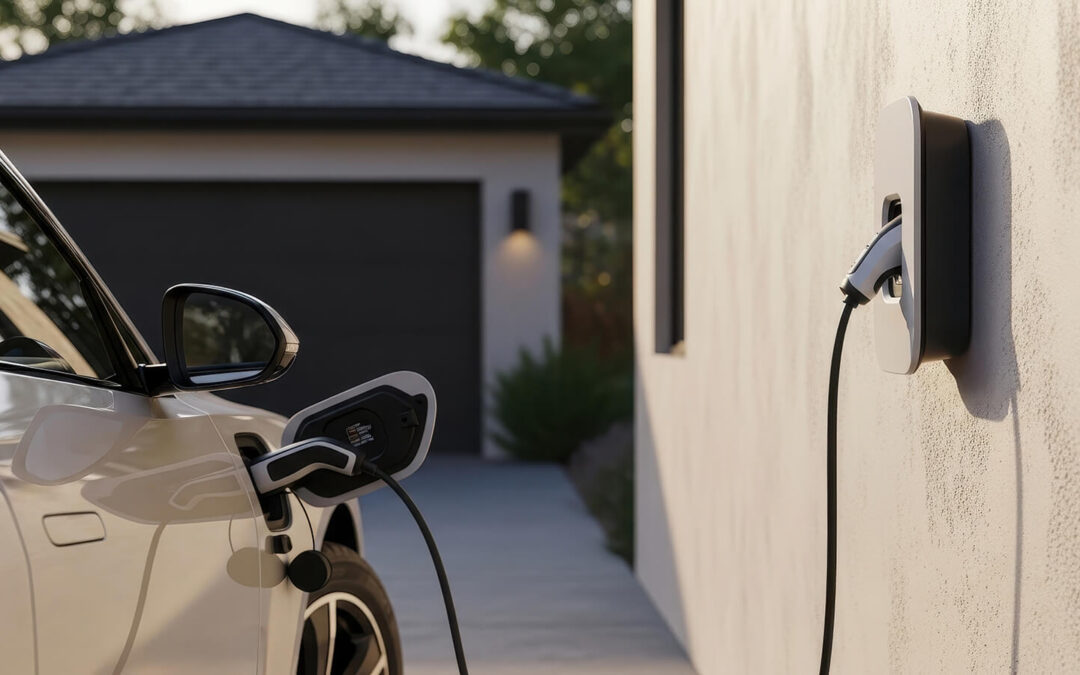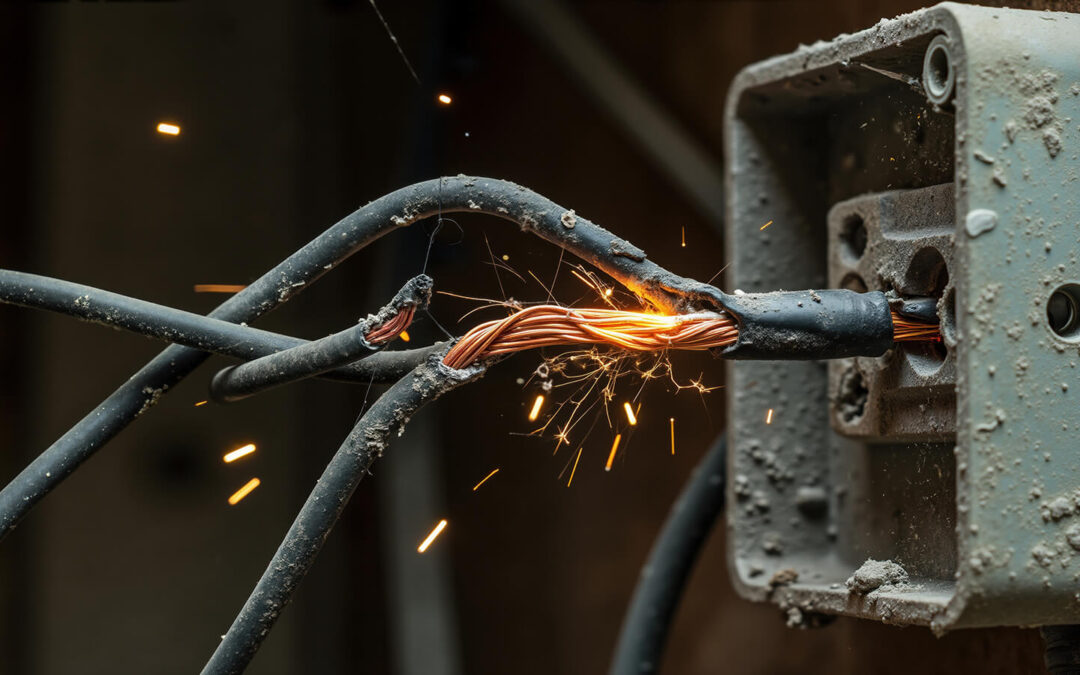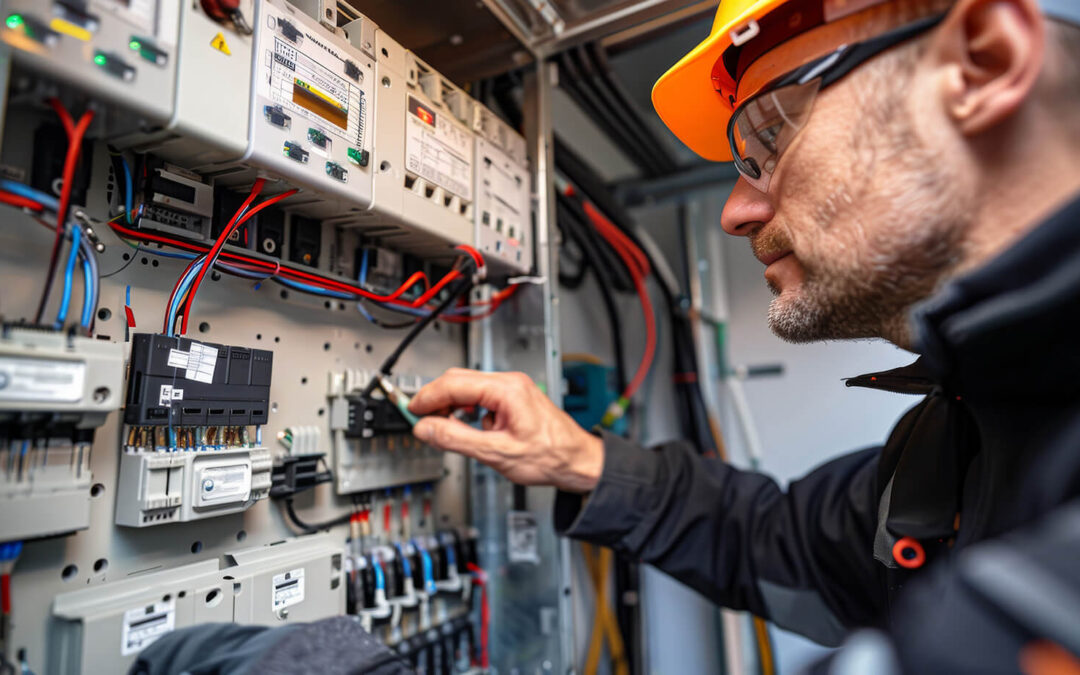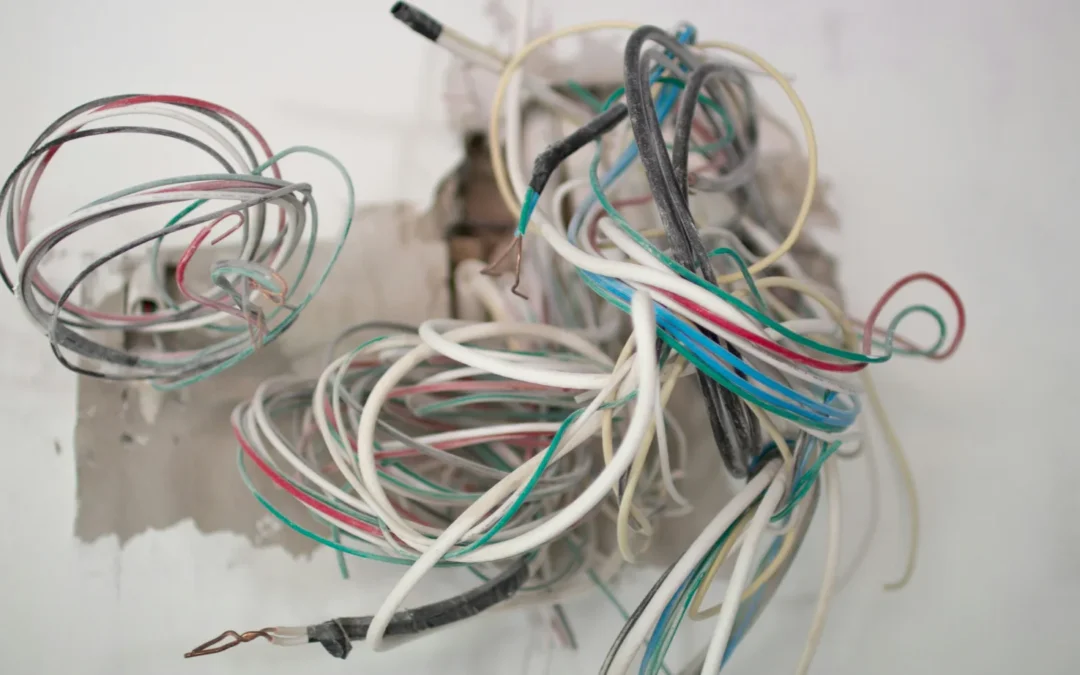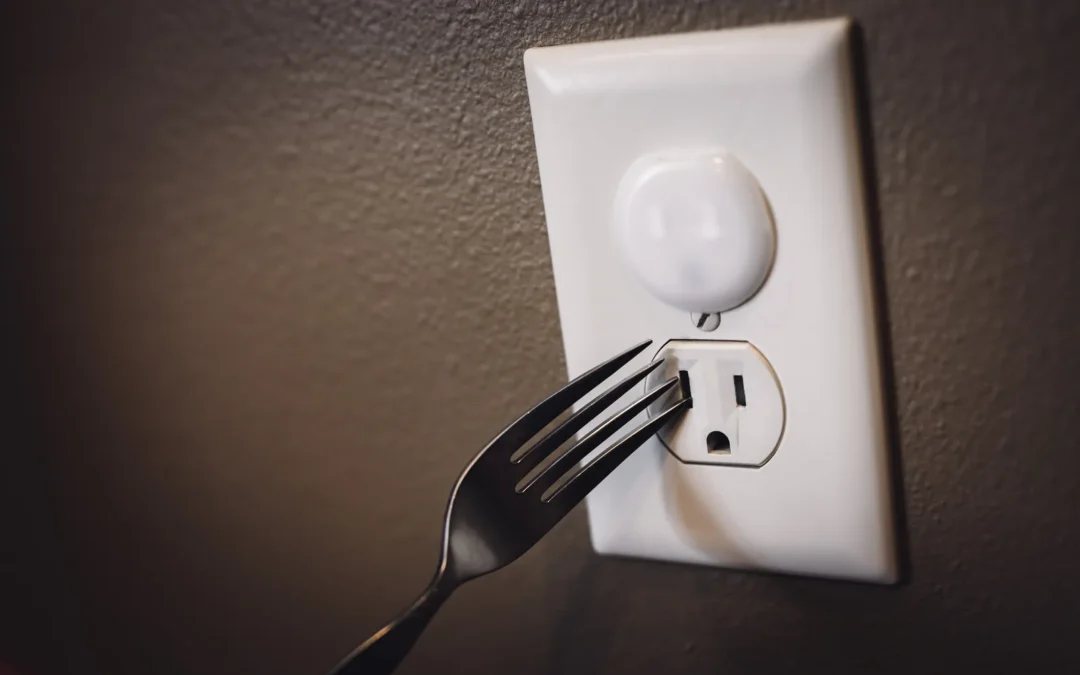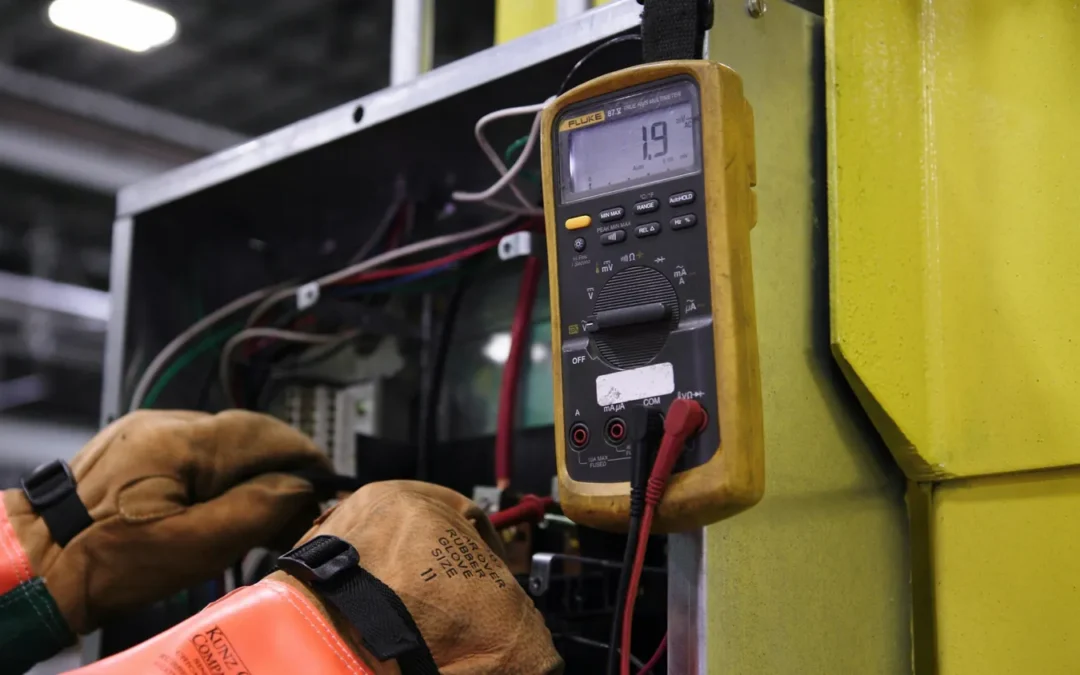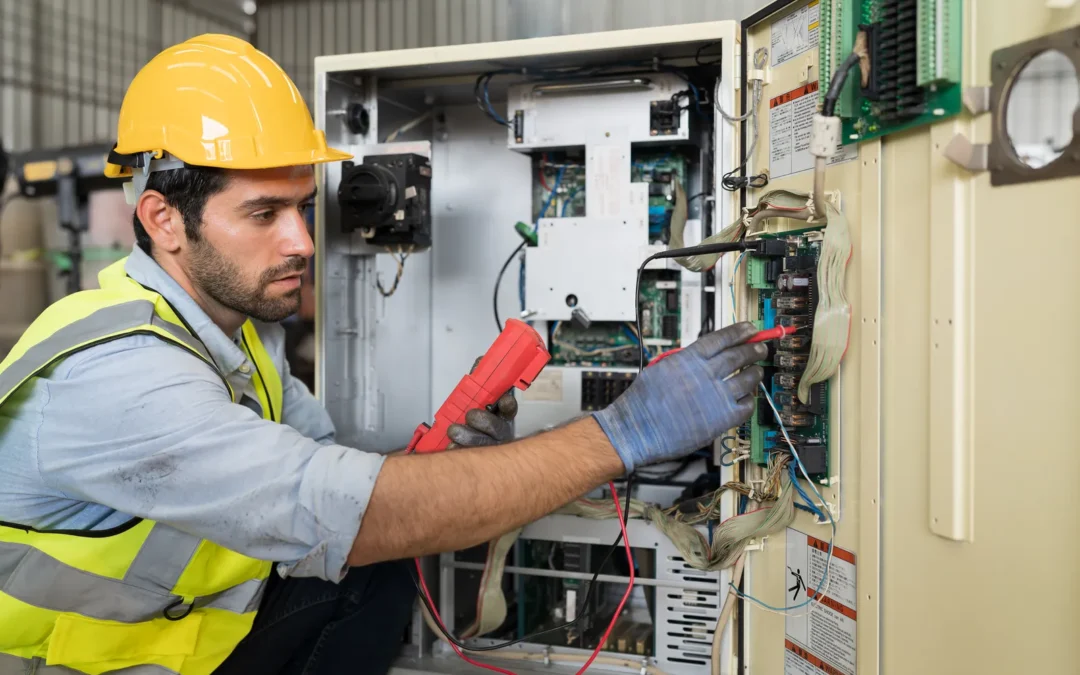When it comes to your home’s electrical system, “out of sight, out of mind” can be a dangerous mindset. Behind the walls and ceilings, miles of wiring power every light, outlet, and appliance you depend on every day. But like any system in your home, electrical components wear down, loosen, or become outdated over time, sometimes with little warning.
That’s why regular electrical safety inspections are essential for fixing electrical issues. They’re not just for new homeowners or remodels. They’re a proactive step to prevent hazards, save money, and ensure your electrical system is performing safely and efficiently.
So, how often should you schedule one? Let’s explore what an electrical inspection includes, when you should get one, and why it’s one of the smartest home maintenance steps you can take.
What Is an Electrical Safety Inspection?
An electrical safety inspection is a detailed assessment of your home’s entire electrical system, from the service panel and wiring to outlets, fixtures, and safety devices. A licensed electrician examines key components to ensure everything meets current building codes and functions as it should.
During an inspection, your electrician may check for:
- Outdated or damaged wiring
- Improper grounding or bonding
- Overloaded circuits
- Loose or corroded connections
- GFCI and AFCI protection
- Electrical panel condition and breaker performance
- Smoke and carbon monoxide detector operation
- Overall system efficiency and code compliance
These inspections are especially important in older homes or properties that have undergone frequent renovations or DIY work.
How Often Should You Schedule an Electrical Safety Inspection?
There’s no one-size-fits-all answer. It depends on your home’s age, usage, and electrical load. However, general industry standards recommend the following:
1. Every 3 to 5 Years for Most Homes
For the average modern home, scheduling an inspection every three to five years is ideal. This timeframe allows electricians to catch issues before they become safety hazards and ensure your home remains compliant with evolving code requirements.
2. Every Year for Older Homes (40+ Years)
If your home was built before the 1980s and hasn’t had a full electrical upgrade, it’s wise to schedule annual inspections. Older wiring systems, like knob-and-tube or aluminum wiring, can deteriorate over time and may not support today’s high-demand appliances.
3. After Major Renovations or Appliance Additions
Adding a new HVAC system, EV charger, hot tub, or kitchen remodel? Schedule an inspection immediately after installation to ensure your panel and circuits can handle the extra load.
4. When Buying or Selling a Home
Before purchasing a home, a professional electrical inspection provides peace of mind and can uncover hidden problems. Sellers also benefit by ensuring their home passes inspection and avoids last-minute surprises during closing.
5. After Storms or Electrical Events
Lightning strikes, power surges, or partial outages can damage wiring or breakers. Even if everything appears fine, an inspection can detect unseen issues that could pose future risks.
Why Electrical Inspections Are So Important
1. Prevent Fire Hazards
The Electrical Safety Foundation International (ESFI) reports that electrical malfunctions cause over 50,000 home fires in the U.S. each year. Many of these could be prevented through timely inspections that identify overheating circuits or deteriorating wiring before disaster strikes.
2. Protect Your Family
Faulty electrical systems can lead to shocks, electrocution, and smoke hazards. A licensed electrician ensures your grounding, outlets, and panels meet safety standards, keeping your family safe.
3. Improve Energy Efficiency
Loose connections, outdated wiring, and inefficient panels waste electricity. A professional inspection helps optimize your system, potentially lowering your monthly energy bills.
4. Maintain Code Compliance
Electrical codes evolve over time. Regular inspections ensure your system meets the latest National Electrical Code (NEC) standards, particularly important if you plan to sell or renovate your home.
5. Extend Appliance Lifespan
Power surges and unstable circuits can shorten the lifespan of expensive appliances and electronics. An inspection ensures consistent voltage delivery and balanced loads.
Signs It’s Time to Schedule an Electrical Inspection
Even if you’re not due for your regular checkup, certain warning signs signal it’s time to call an electrician:
- Frequent tripped breakers or blown fuses
- Flickering or dimming lights
- Burning smells or warm outlets
- Buzzing sounds from panels or switches
- Outlets that no longer work
- Two-prong outlets with no ground
- Outdated fuse boxes
- Electrical shocks when plugging in devices
Ignoring these signs can lead to bigger, and more expensive, problems down the road.
What to Expect During an Electrical Inspection
When you schedule a safety inspection with a licensed Denver electrician, here’s what typically happens:
- Visual Assessment – Checking outlets, switches, and wiring for visible damage or improper installation.
- Testing Circuits – Ensuring breakers trip correctly and circuits are balanced.
- Panel Review – Inspecting the main electrical panel for corrosion, loose connections, or outdated components.
- Code Review – Verifying that the system meets the most recent NEC standards.
- Safety Device Testing – Confirming GFCI and AFCI outlets function properly.
- Documentation & Recommendations – Providing a detailed report with findings and suggested upgrades or repairs.
A thorough inspection typically takes one to two hours, depending on the home’s size and electrical complexity.
Why You Should Always Hire a Licensed Electrician
Electrical systems are complex and working on them without the proper training or certification can be extremely dangerous. Only a licensed, insured electrician can ensure your inspection is accurate, code-compliant, and safely performed.
Professionals use specialized tools to identify issues hidden behind walls and can spot subtle signs of wear that a homeowner might miss. Plus, hiring a licensed electrician helps protect your insurance coverage if an issue arises later.
Keep Your Home Safe with Table Mountain Electric
Your electrical system deserves expert attention, and so does your peace of mind. At Table Mountain Electric, we provide thorough, code-compliant electrical safety inspections for Denver homeowners and businesses. Our licensed electricians have decades of experience identifying risks, performing upgrades, and ensuring every component of your system is safe and efficient. Whether you own an older home, are adding new appliances, or simply want to stay ahead of potential issues, our team can help you stay protected. Book your inspection online today to schedule your electrical safety inspection in Denver. Keep your home safe, efficient, and up to code with Table Mountain Electric.



